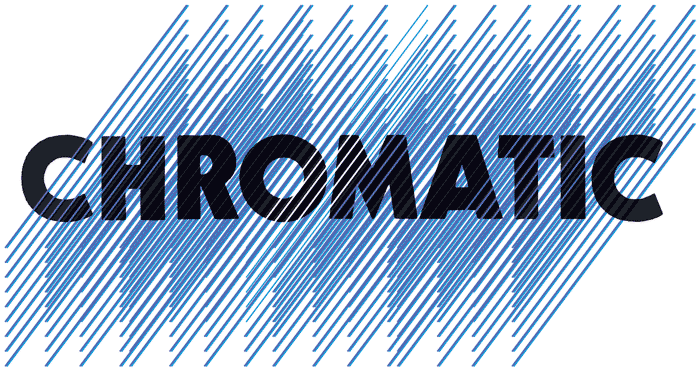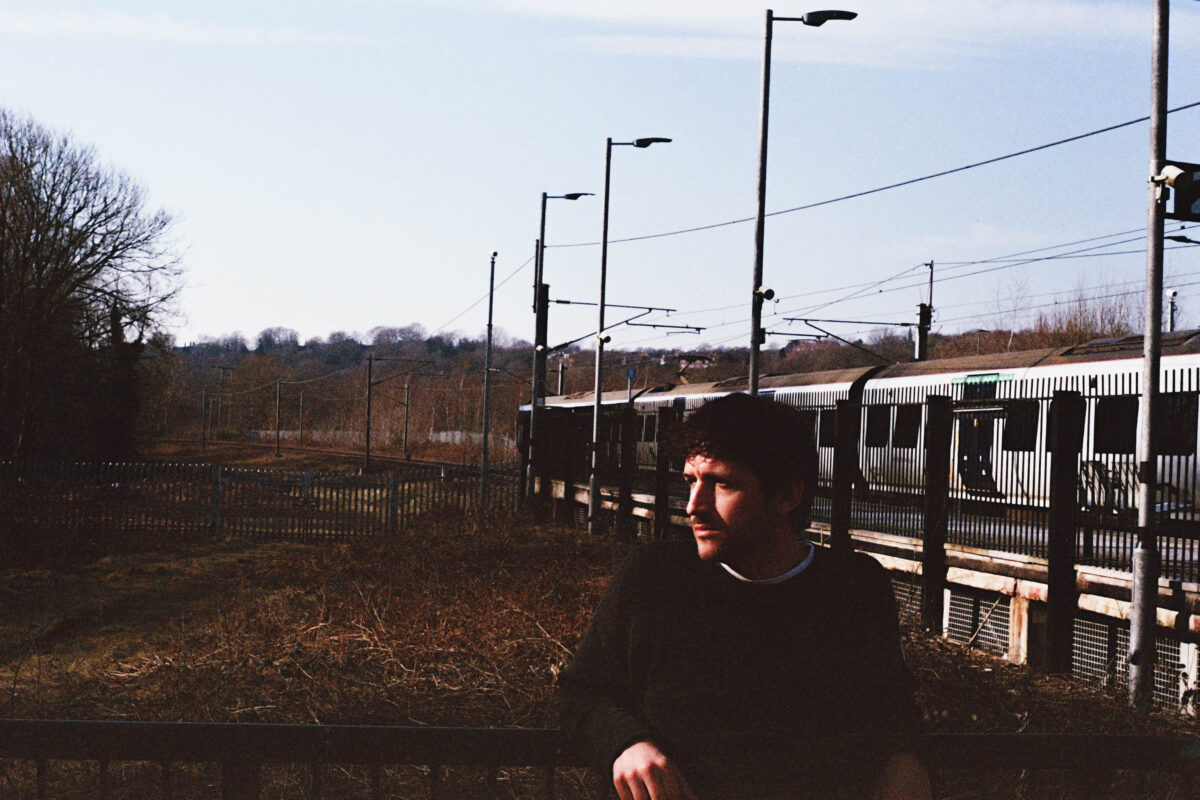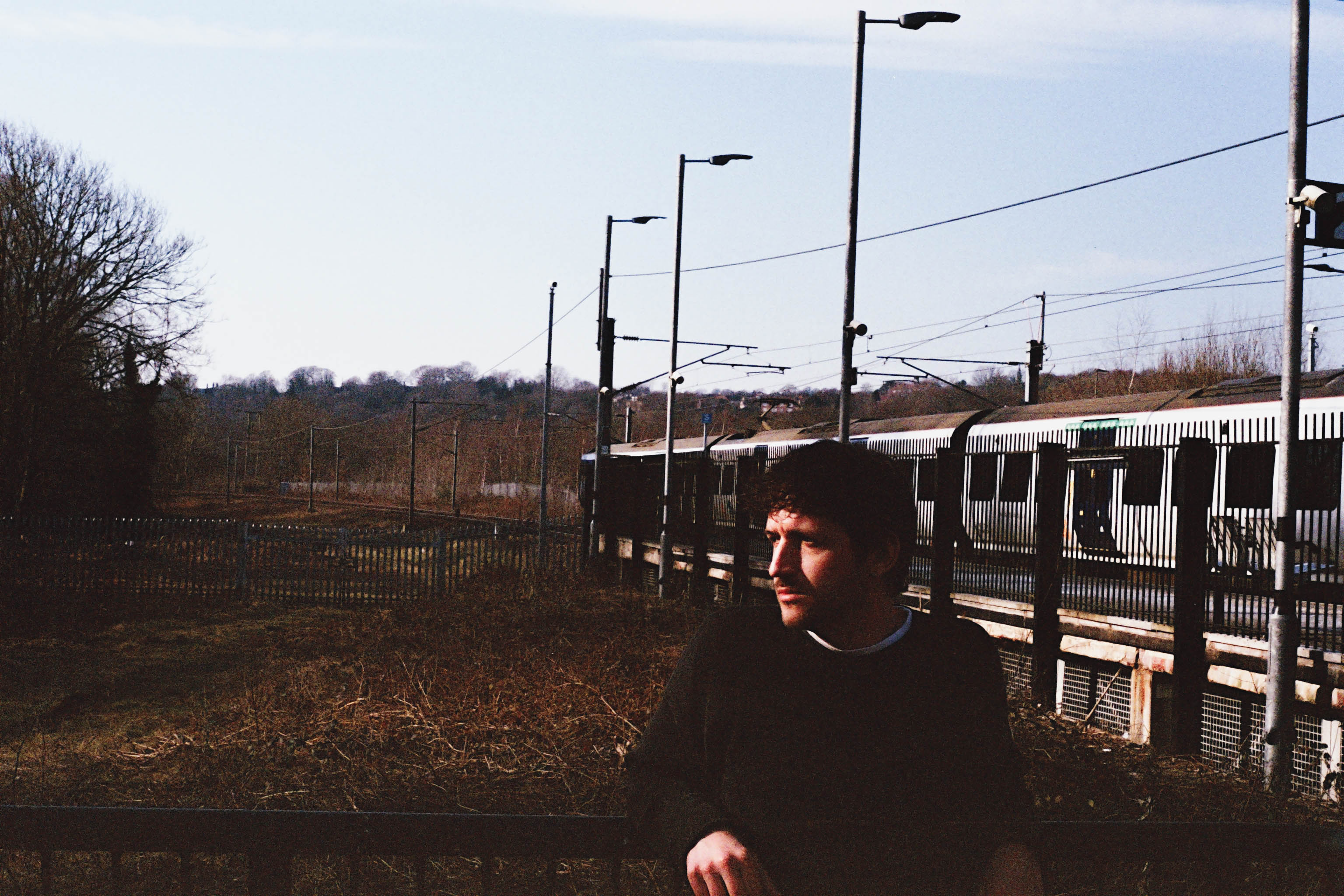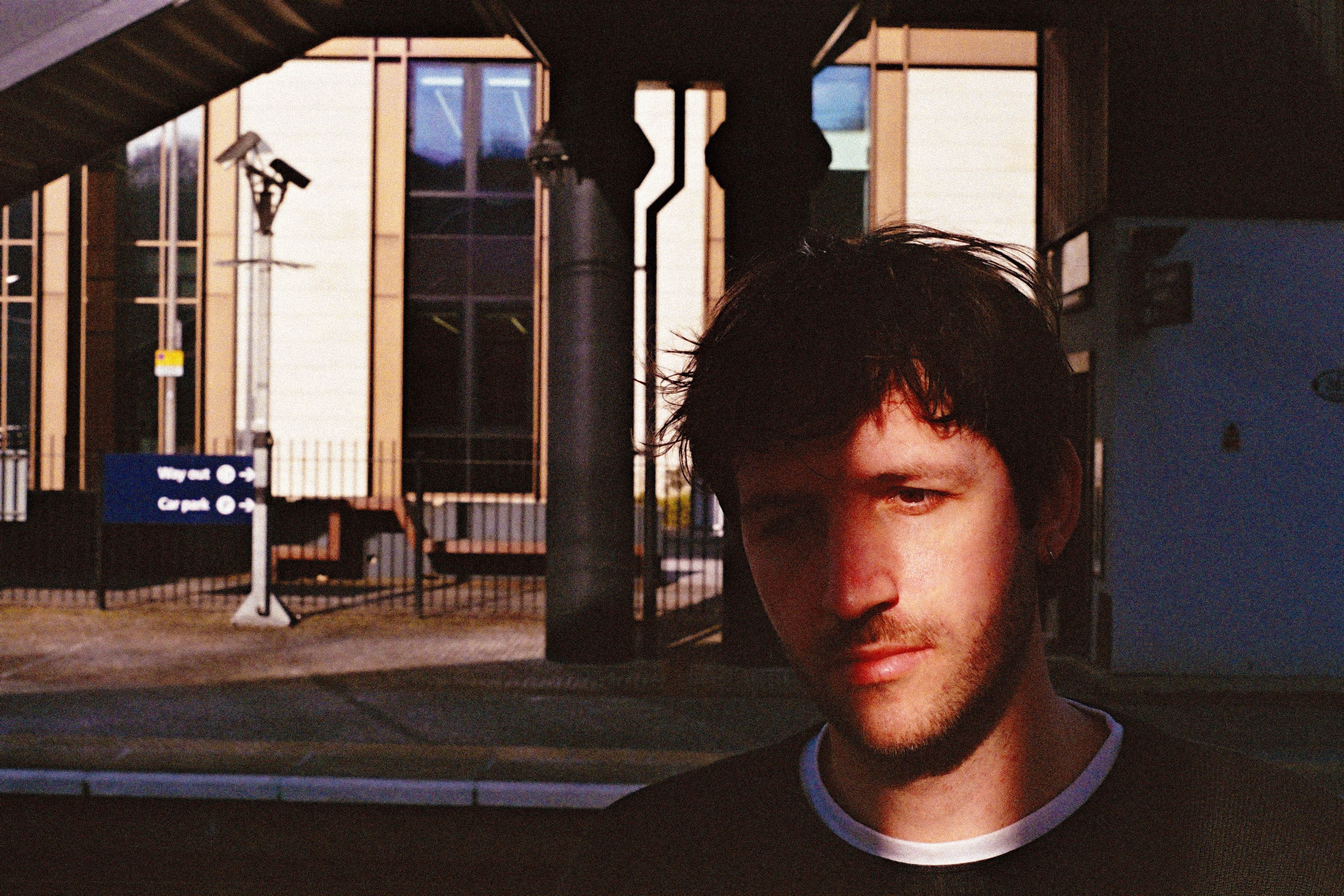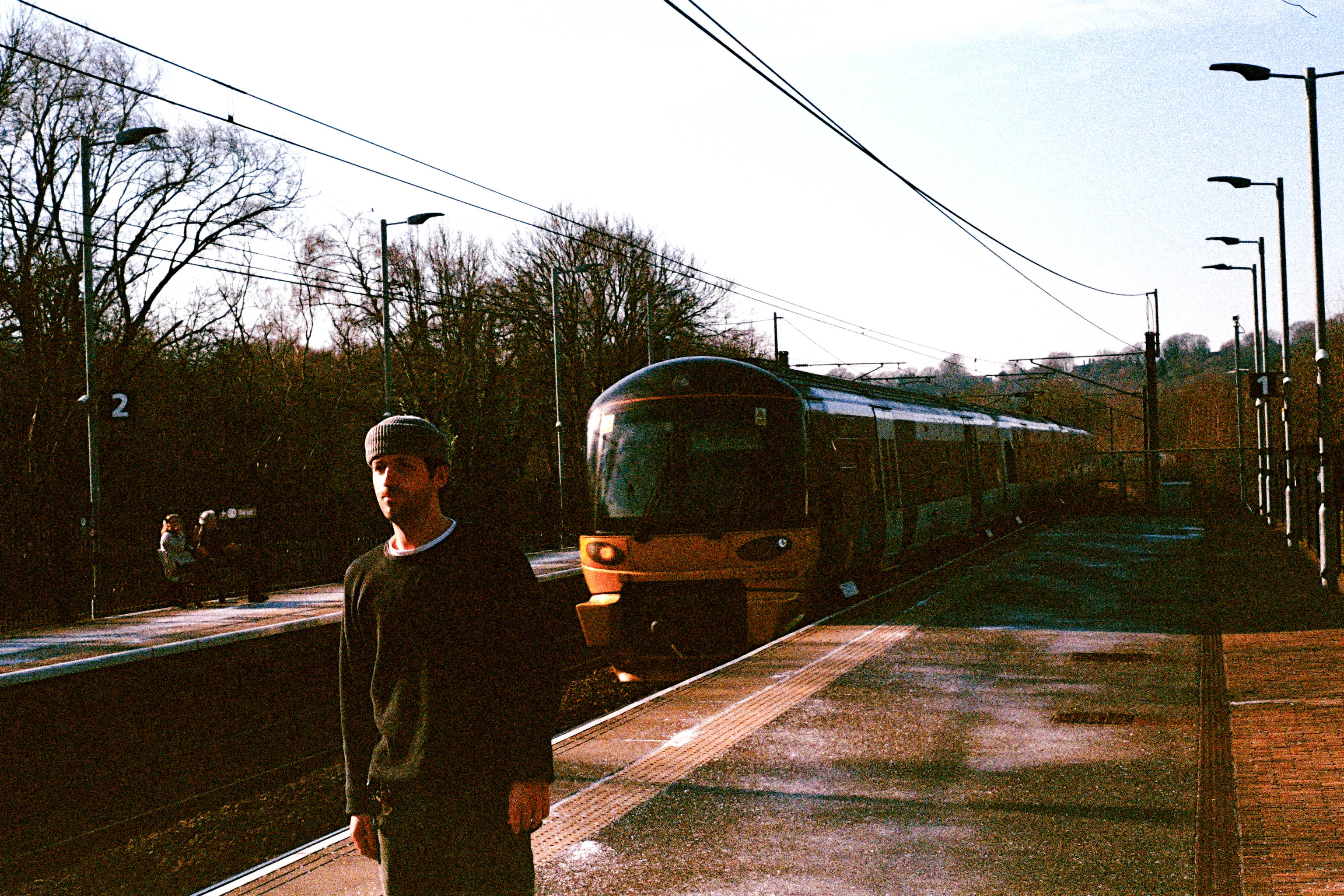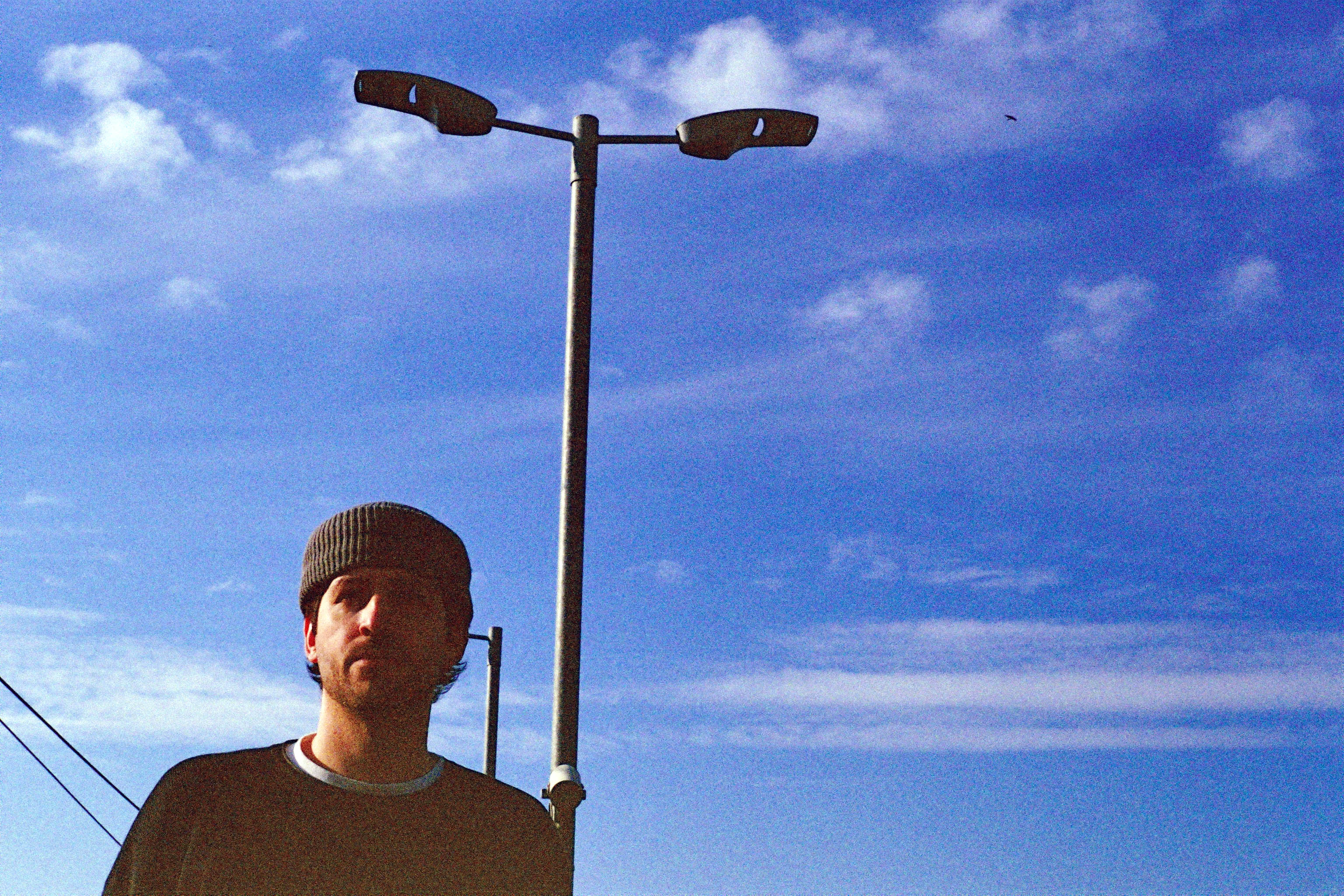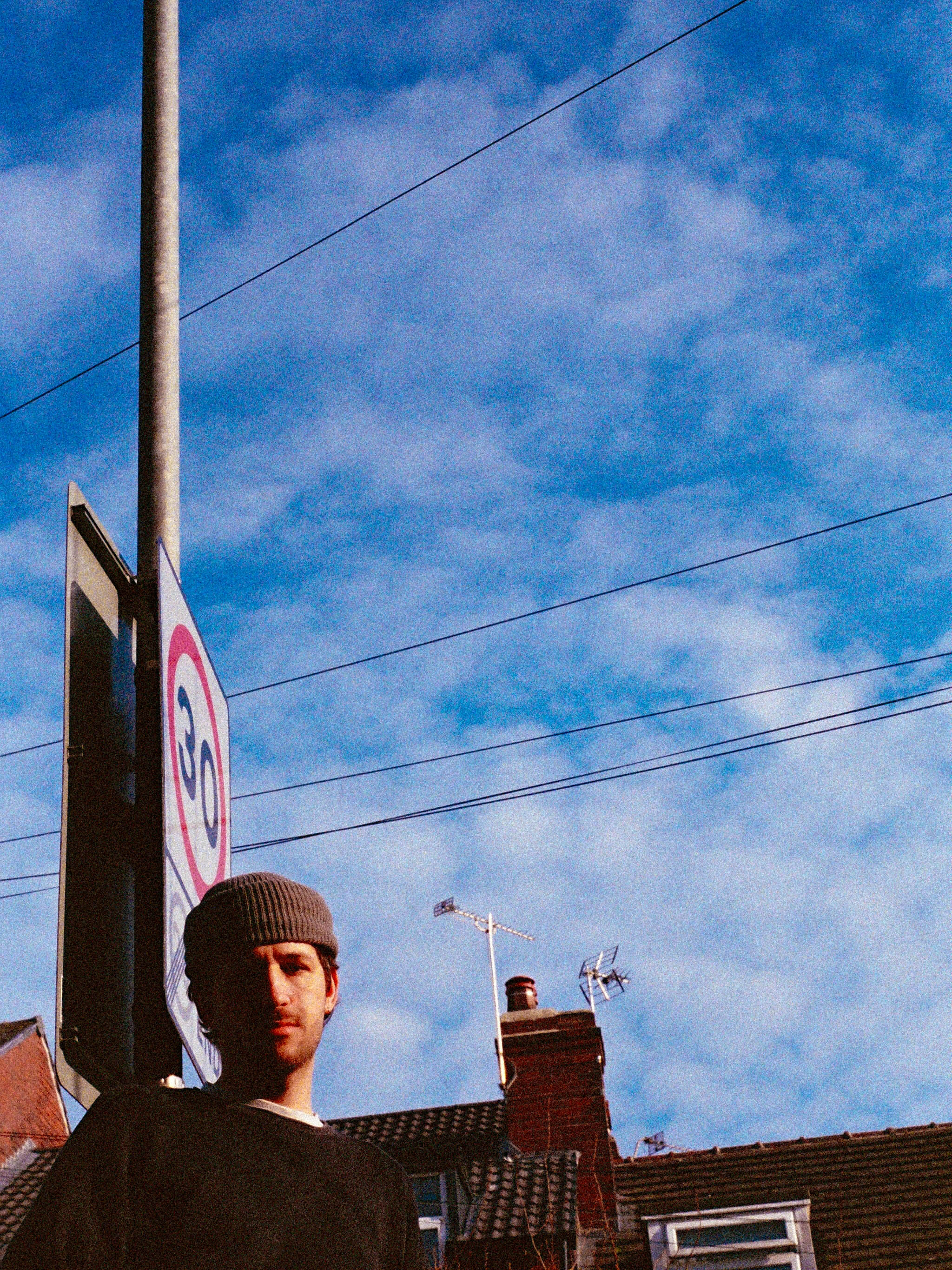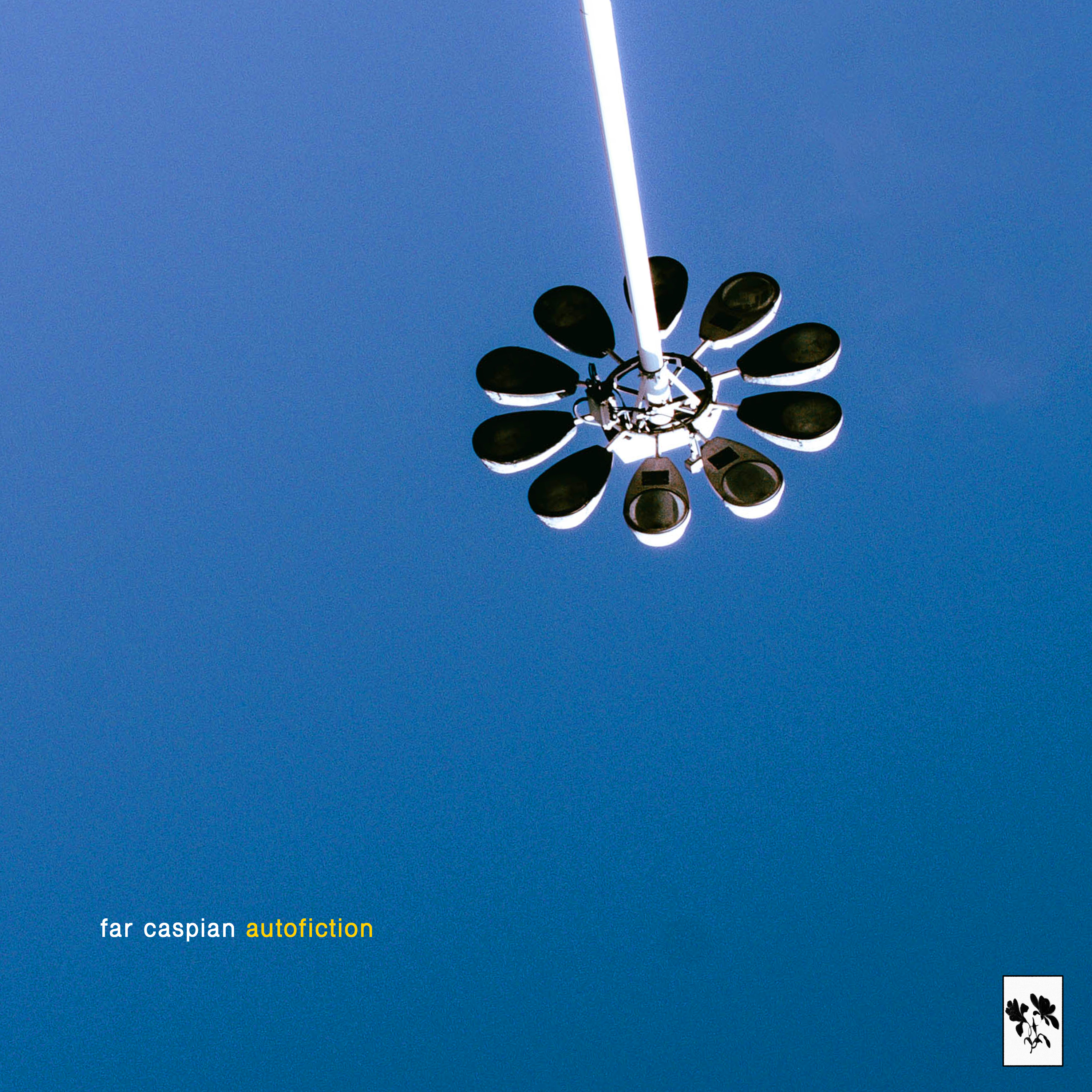Far Caspian
Autofiction
On his new album Autofiction, Far Caspian’s Joel Johnston is learning to make peace with the cards he’s been dealt. Following his Crohn’s disease diagnosis in 2021, Johnston felt stuck mourning the loss of his life before, and struggling to cope with not only his new reality, but also an ongoing battle with OCD and anxiety. Autofiction finds the Irish musician discovering the tools he needs to keep moving forward. “I’m now at the point where I don't really let it define me,” he says. “The lyric ‘your mind changed from a fear to a song’ [on ‘Lough’] is my expression of freedom: to no longer be held down by something you’ve got used to. I’m trying to not even make sense of it all, but just live in it, and be grateful for the things I do have.”
The lyrics across Autofiction—which dive deep into mental health burdens, self-forgiveness, recovery, and gratitude for supportive, uplifting partnership—are Johnston’s most direct, diaristic and literal to date. As such, it’s also his most vulnerable release yet. “I just wanted to get the message across,” he says. “People will sometimes comment on songs of mine saying ‘I have no idea what you’re talking about.’ I wanted to make a record that was a bit more heard. I even made my vocals louder than I usually do.” Freeing himself from any internal judgments or inhibitions, Johnston wrote songs for Autofiction with a simple motto: “I’m enjoying this right now and therefore it’s good enough.” The process helped him reconnect with the joy of music, the reason he started making it in the first place. It felt like the first time he made an album for himself, rather than an audience. “The fact that I was less self-critical and worried about others' opinions–I think that’s why the lyrics became more straightforward. I didn’t feel the need to dress them up or hide behind something.”
In between Far Caspian’s 2021 debut LP Ways To Get Out and 2023’s acclaimed follow-up The Last Remaining Light, Johnston established his own label–Tiny Library Records–to release music from artists he often collaborates with, including 22° Halo, SOMOH, and Niall Summerton. Shortly after, he also set up his own recording studio in Leeds, UK (his current place of residence), where he produces and mixes for a number of UK-based acts. This work with other artists, while unrelated to the album, proved to be a vital step in the making of Autofiction. While Far Caspian is performed live as a six-piece, Johnston has spent years writing, producing, and recording a full band production for it all on his own, and that began to take a mental toll. With a mounting feeling of stress and pressure, he nearly decided to quit his own project; but after producing albums for Green Gardens and Ellur, Johnston’s spark for Far Caspian reignited. Newly inspired to enjoy the process, he returned to some demos he had started for Autofiction and completed the majority of the album in January 2025.
Johnston used his new studio experience to approach the making of the album with a fresh mindset: “After producing Ellur, I was able to just say to myself: ‘I’m going to produce this Far Caspian album now. I’m presenting myself with these demos I’ve had for a while. Let me see what I can do with them as a producer, not as a songwriter.’” With influences ranging from Broken Social Scene to the Japanese band Supercar, the instrumentation of Autofiction feels light, textured, and always energetic. It was recorded entirely in Johnston’s studio, where he himself produced, mixed, mastered, and played every instrument heard on the LP.
Found towards the top of the record, “First Day” sounds sunny and bright, with warm guitar riffs and uplifting percussion laying the foundation for a heartfelt love song. “I wrote ‘First Day’ one morning after dropping my partner off at her new job. She was in a transitional period where everything felt so daunting and raw. At a similar time, I was starting a new medication for my Crohn's disease that required me to go to the hospital and get infusions every 8 weeks,” Johnston shares. “The first time I went, my partner was the one to drive me. I wrote this song as a reminder of how we have each other's backs and best interests at heart, regardless of how unsure we may be about what's ahead.” A simple song about enjoying time in a relationship and wanting to soak it all in, the chiming and fast-paced “An Outstretched Hand” is also a love note to his partner—who then contributes vocals to the hooky and tender title track.
As the album begins to wind down, “Whim” looks back to a memorable night in 2014 spent with friends. They had plans to camp out on Carrauntoohil–the tallest mountain in Ireland–but a rough storm eventually sent them driving 8 hours back home through the night instead. “I remember my friend who drove asked me to promise not to fall asleep so that he had company the whole way. So I sat in the passenger seat while the others slept in the back,” Johnston says. “We were forced into it, but that drive ended up being really special. It felt like one of those moments in life that will always be with you.” A decade later, Johnston now realizes that night laid a foundation for him to experience life and its present-day obstacles through a more hopeful, mindful lens. The lyrics of “Whim”–such as ‘Recall all the landscapes that go out to sea’–act as both a metaphor for this and a direct reference to that formative experience. It’s an enveloping, multifaceted track about getting out of your head and into the world.
Autofiction is an album that ultimately reconnected Johnston to his love of making music–a refreshed joy and sincerity that’s evident in every track. He shed expectations and pressures on his songwriting and in turn created the most authentic and striking album of his catalogue. Standing at the beginning of his thirties, he’s looking to move forward similarly in his personal life. “I was always told as a child that I was just a worrier—that was just my label. Eventually I decided not to believe that, to rid myself of that label and say ‘No, I don’t have to be. I can be brave, or whatever I need to be.’ I’ve found a bit more ease within myself.” Autofiction marks his choice to live in hope instead of fear and just enjoy the ride.
